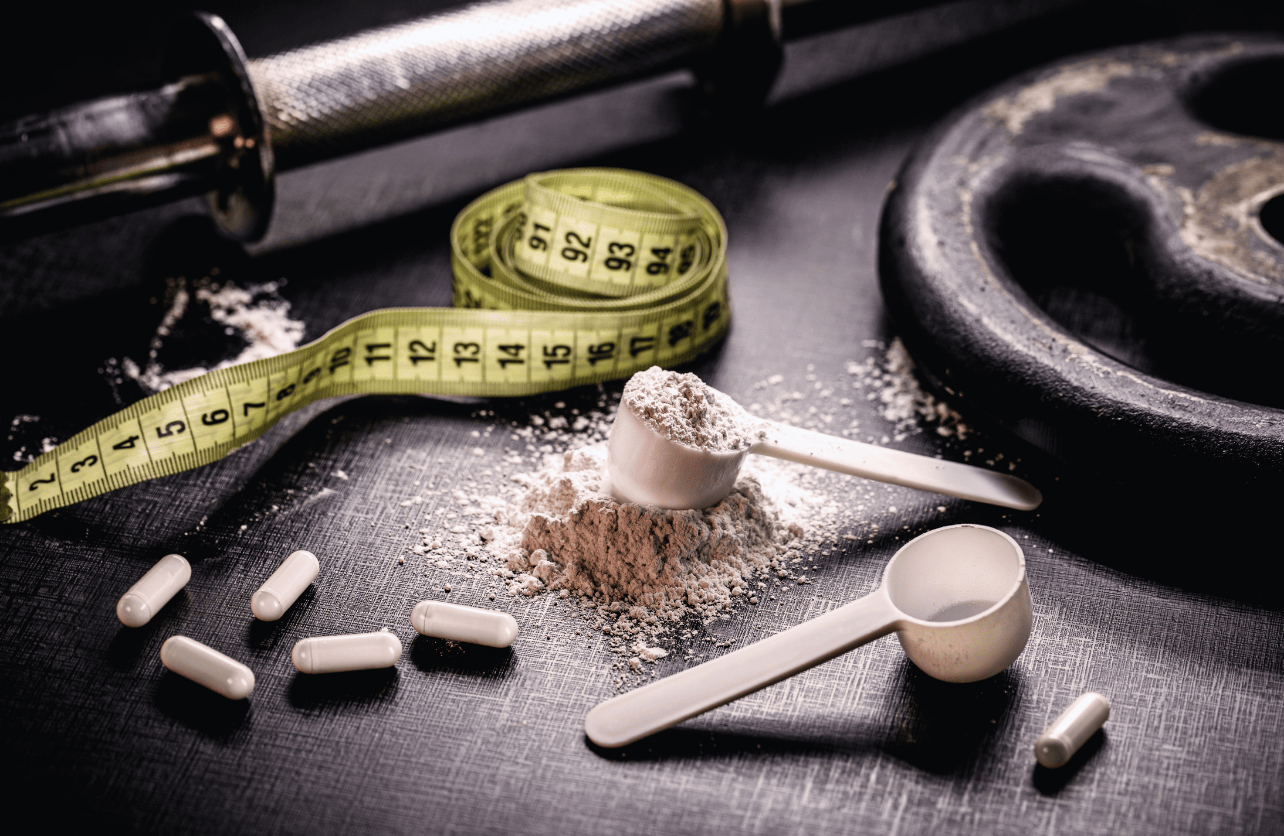What Happens When You Stop Taking Creatine?

Creatine is a staple in the world of strength and performance supplements—and for good reason. It’s one of the most researched ergogenic aids out there, known for its ability to enhance strength, power, and muscular endurance. But what happens when you stop taking it? Will your gains disappear overnight? Will your strength plummet?
The good news is: not quite. While stopping creatine does lead to some changes, most of them are temporary, manageable, and far less dramatic than the internet might have you believe. Here’s a breakdown of what really happens when you stop supplementing with creatine.
A Quick Drop in Water Weight
One of the most immediate effects people notice after stopping creatine is a drop on the scale—often within the first few days. This isn’t fat loss or muscle loss; it’s water. Creatine pulls water into your muscle cells, creating that slightly fuller, denser look and increasing intracellular hydration. When you stop taking it, your body gradually expels that extra water.
On average, people may lose about 5 to 7 pounds of water weight. Muscles might appear slightly less “pumped,” and that sense of fullness you felt while on creatine will diminish. But again, this is purely aesthetic and not a reflection of actual muscle tissue loss.
Slight Decline in High-Intensity Performance
Creatine’s main job is to increase the amount of phosphocreatine in your muscles, which helps regenerate ATP—the molecule your body uses for short bursts of energy. That’s why creatine is so effective for explosive, high-intensity efforts like sprinting, heavy lifting, and interval training.
When you stop taking it, your intramuscular creatine stores gradually return to baseline over a couple of weeks. As those stores deplete, you might notice a small drop in strength output or endurance during short, intense efforts. You’re not becoming weaker, per se, but you may lose the slight edge that creatine provided during your peak performance.
Muscle Mass Doesn’t Just Vanish
One of the biggest myths surrounding creatine is that you’ll lose all your muscle mass once you stop taking it. That’s simply not true.
Creatine supports performance, which in turn supports better training results. But it doesn’t directly build muscle on its own. If you continue training consistently and eating a balanced, protein-rich diet, you’ll maintain most (if not all) of the lean muscle you built while supplementing. The initial drop in water retention may make your muscles appear smaller, but the actual tissue remains unless your training or nutrition falls off.
Fatigue Might Creep In—Temporarily
Some users report feeling a little more fatigued in the gym after stopping creatine. This tends to show up in the form of decreased energy during intense sets, longer recovery between reps, or a need to scale back volume slightly.
That’s because creatine helps buffer fatigue during anaerobic exercise. Once you remove that buffer, your body has to rely more on its natural energy systems. The good news? Most people adapt within a couple of weeks. If your sleep, nutrition, and hydration are on point, this fatigue is usually minor and short-lived.
Your Body Resumes Natural Creatine Production
When you supplement with creatine, your body downregulates its own production slightly. This isn’t harmful or permanent—just a normal response to having more of a substance available through diet or supplements. Once you stop taking it, your body begins to ramp production back up.
This process doesn’t take long. Within a few weeks, your endogenous creatine synthesis (which happens mostly in the liver and kidneys) should return to its usual levels, assuming your diet includes sufficient protein sources like meat or fish.
Training and Diet Still Rule the Results
At the end of the day, creatine is just a tool—a useful one, but still just one piece of a much bigger puzzle. The real drivers of muscle maintenance and strength are your training consistency, progressive overload, and adequate nutrition. If those things stay intact, you’ll continue to make progress, with or without creatine in your system.
Final Thoughts
Stopping creatine won’t wreck your progress, shrink your muscles, or undo your hard work. You may lose a bit of water weight, notice a modest dip in high-end performance, and feel slightly less energized during heavy training—but the core of your gains will remain intact if your routine stays strong.
Whether you’re cycling off, taking a break, or deciding not to continue, it helps to understand what’s happening behind the scenes. Creatine isn’t magic—it’s science. And your fitness results don’t disappear just because you stop taking a supplement.
Building a Stronger You
Supplement Institute is the fruit of extensive online publishing experience, spanning the breadth of SEO strategies to the nuances of paid advertisements. Our journey, marked by significant achievements and learning moments, inspires our core mission: to empower our readers with an abundance of information. By sharing insights and key learnings, we aim to provide you with the knowledge needed to navigate the complex world of supplements, helping you make well-informed decisions for your health and well-being. Welcome to Supplement Institute, where information is your greatest supplement.